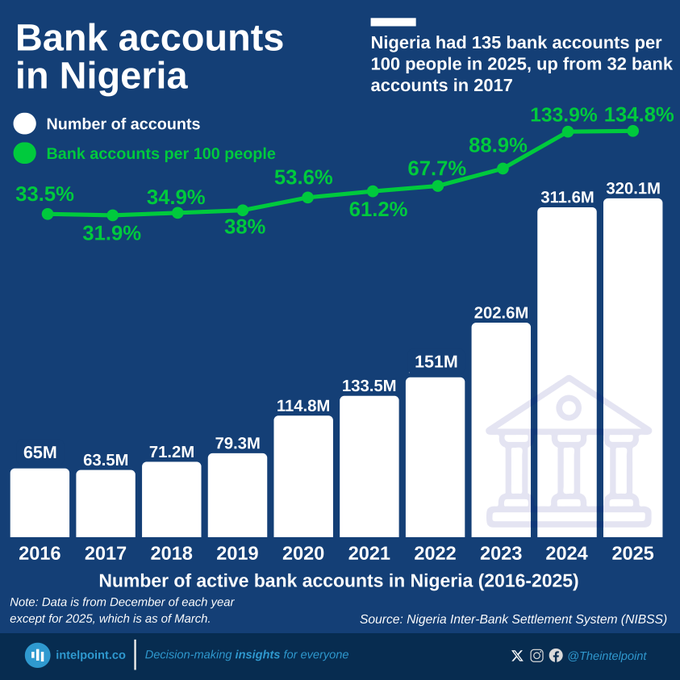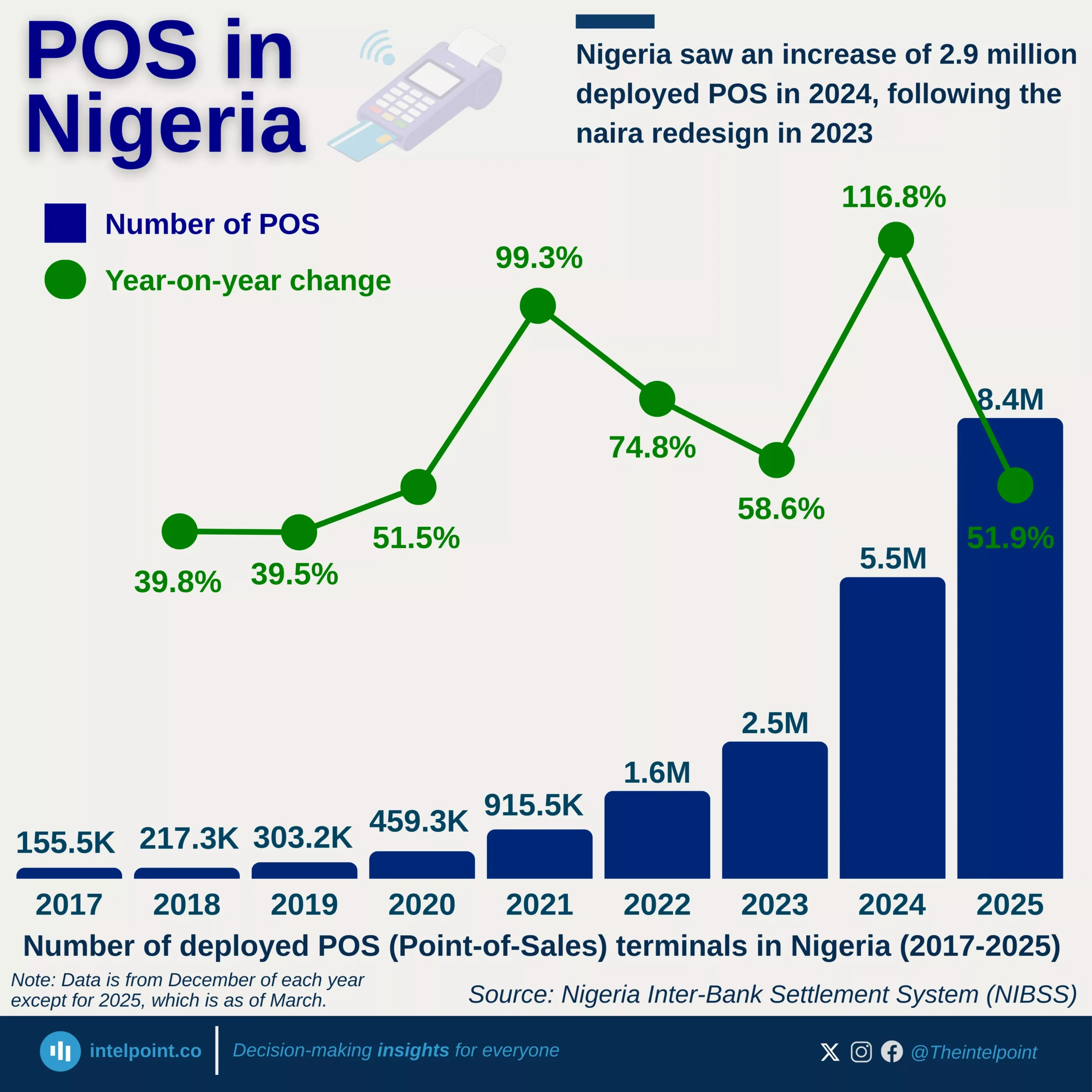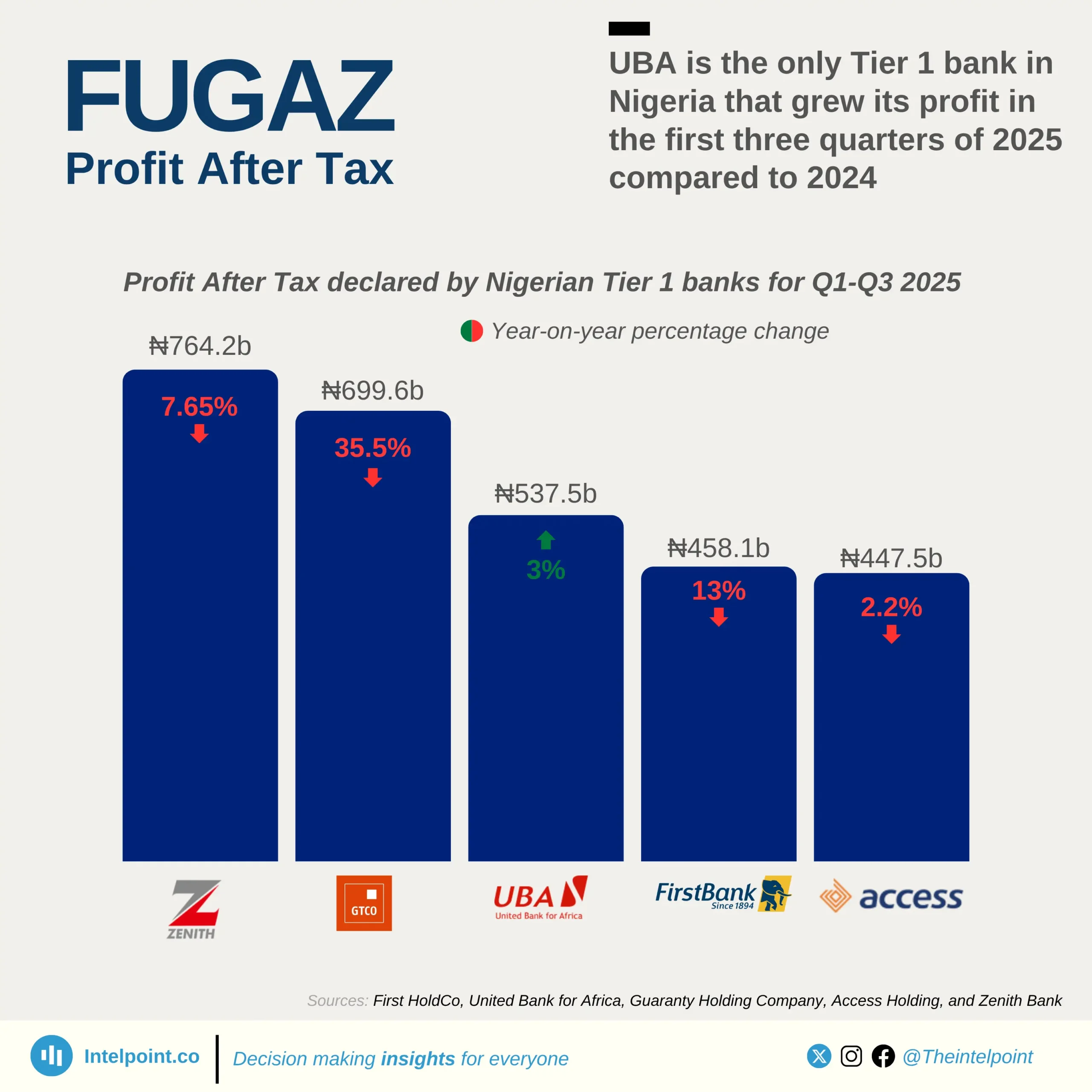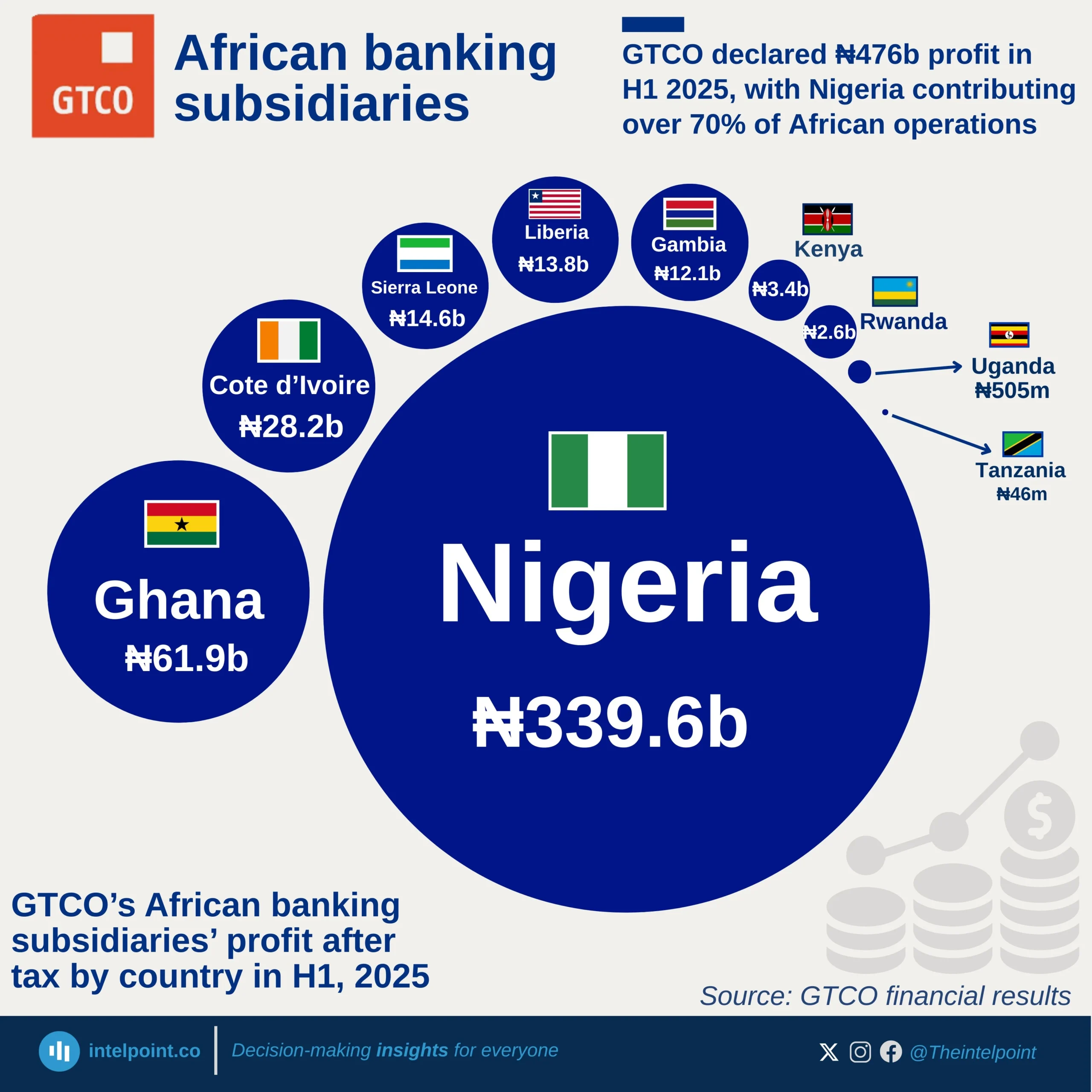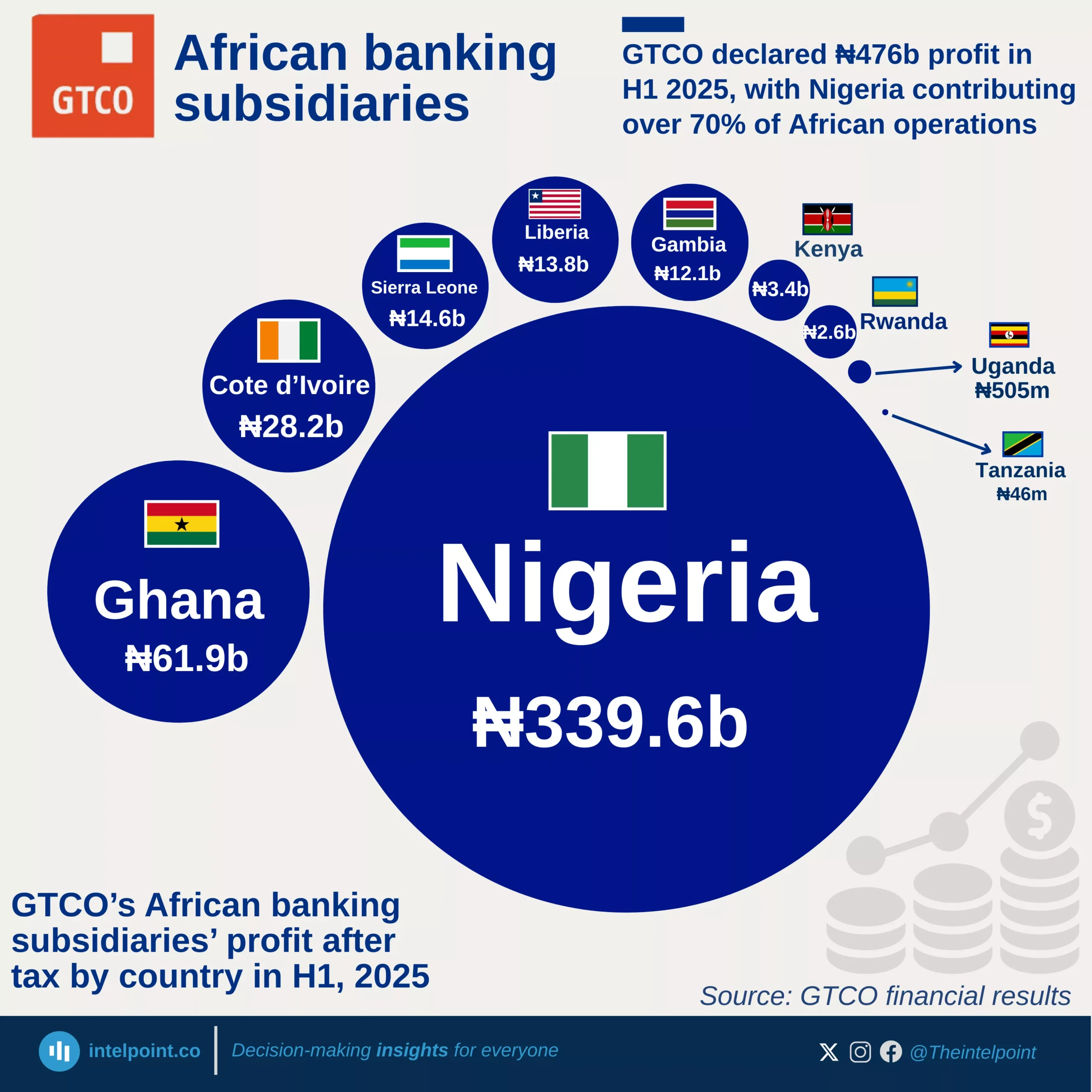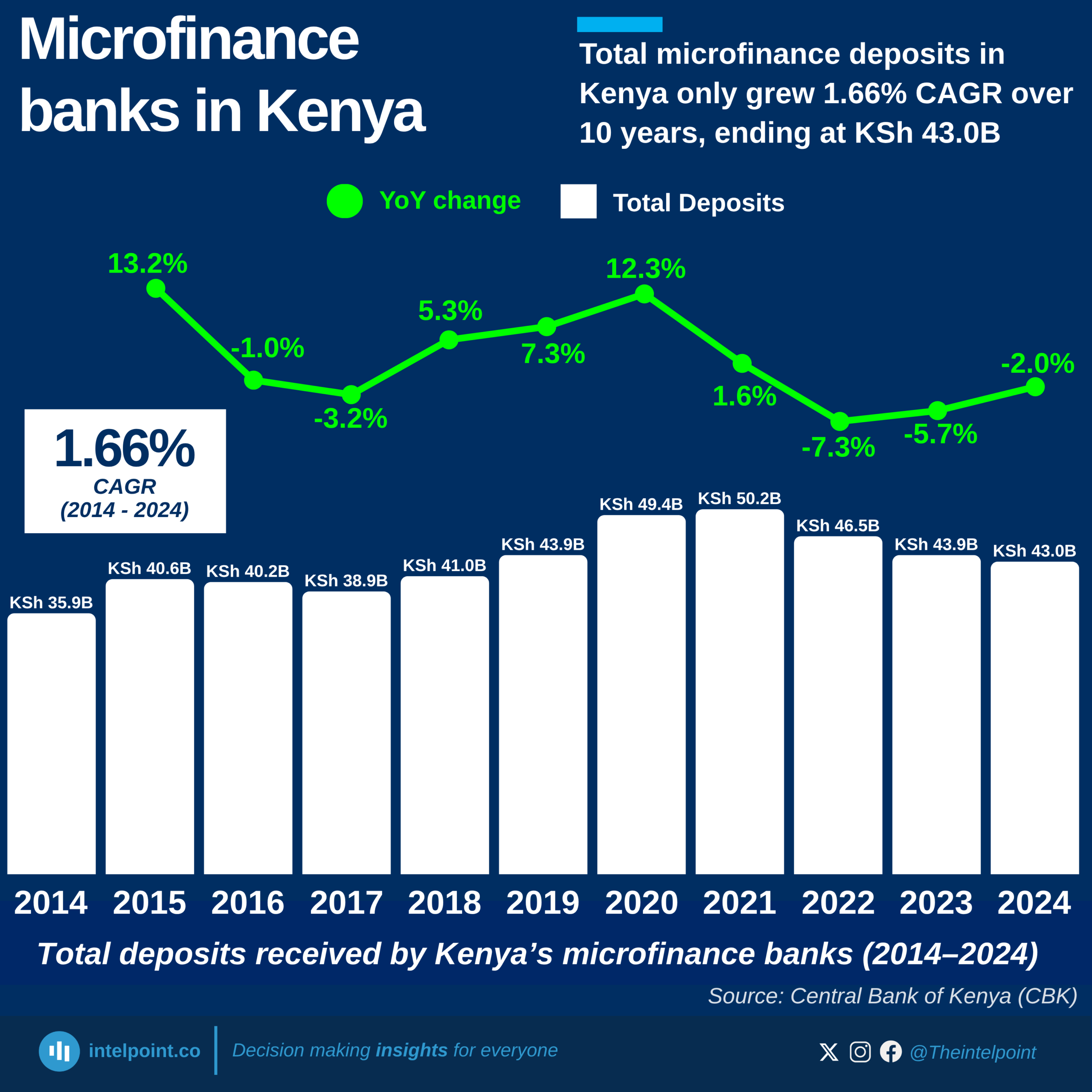Key takeaways:
As of 2024, Nigeria’s banking sector showcased impressive financial strength, with the top ten banks holding a combined total of over ₦212.78 trillion in assets as against ₦138.31 trillion in 2023.
Ecobank Transnational Incorporated leads with ₦43.3 trillion in total assets, displacing Access Holdings with a margin of ₦1.8 trillion. Ecobank outpaced Access Holdings in total assets in 2024 due to strong growth in customer deposits, loans, and investments, along with its wide African presence and efficient operations.
Access Holdings Plc's assets stood at ₦41.5 trillion in 2024, with a year-on-year increase of 55%. This positioned Access Holdings as the second-largest bank in Nigeria in 2024.
United Bank for Africa (UBA) and Zenith Bank occupy the third and fourth spots with ₦30.3 trillion and ₦29.96 trillion, respectively, in total assets, while First Holdco Plc rounds out the top five list with ₦26.5 trillion.
Guaranty Trust Holding Company Plc, Fidelity Bank Plc, FCMB Group Plc, Stanbic IBTC Holdings Plc, and Wema Bank Plc also made the top ten list, with year-on-year growth of 53%, 41%, 59%, 34%, and 60%, respectively. In 2024, the top ten banks reported assets of at least ₦3.6 trillion each.
